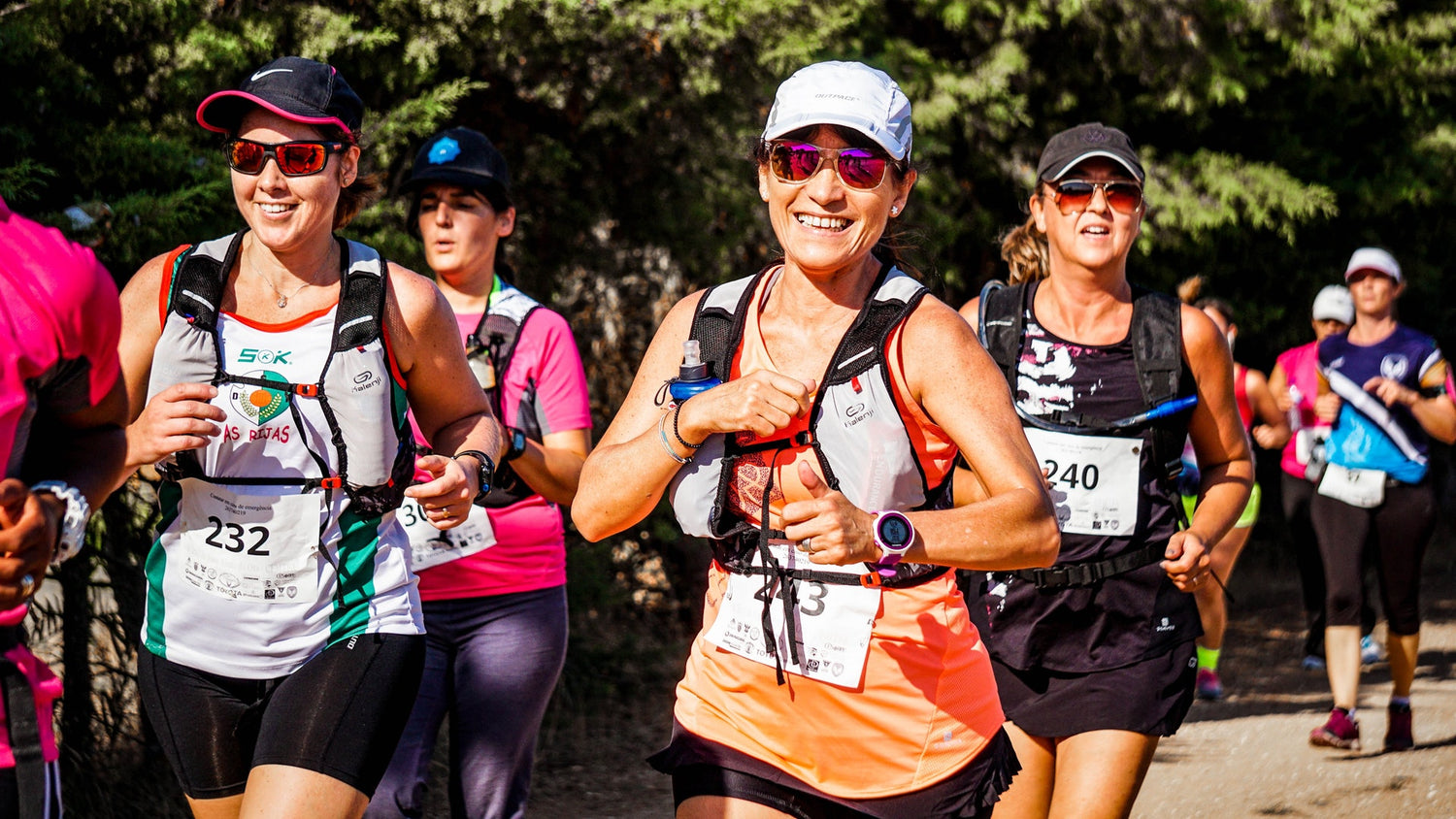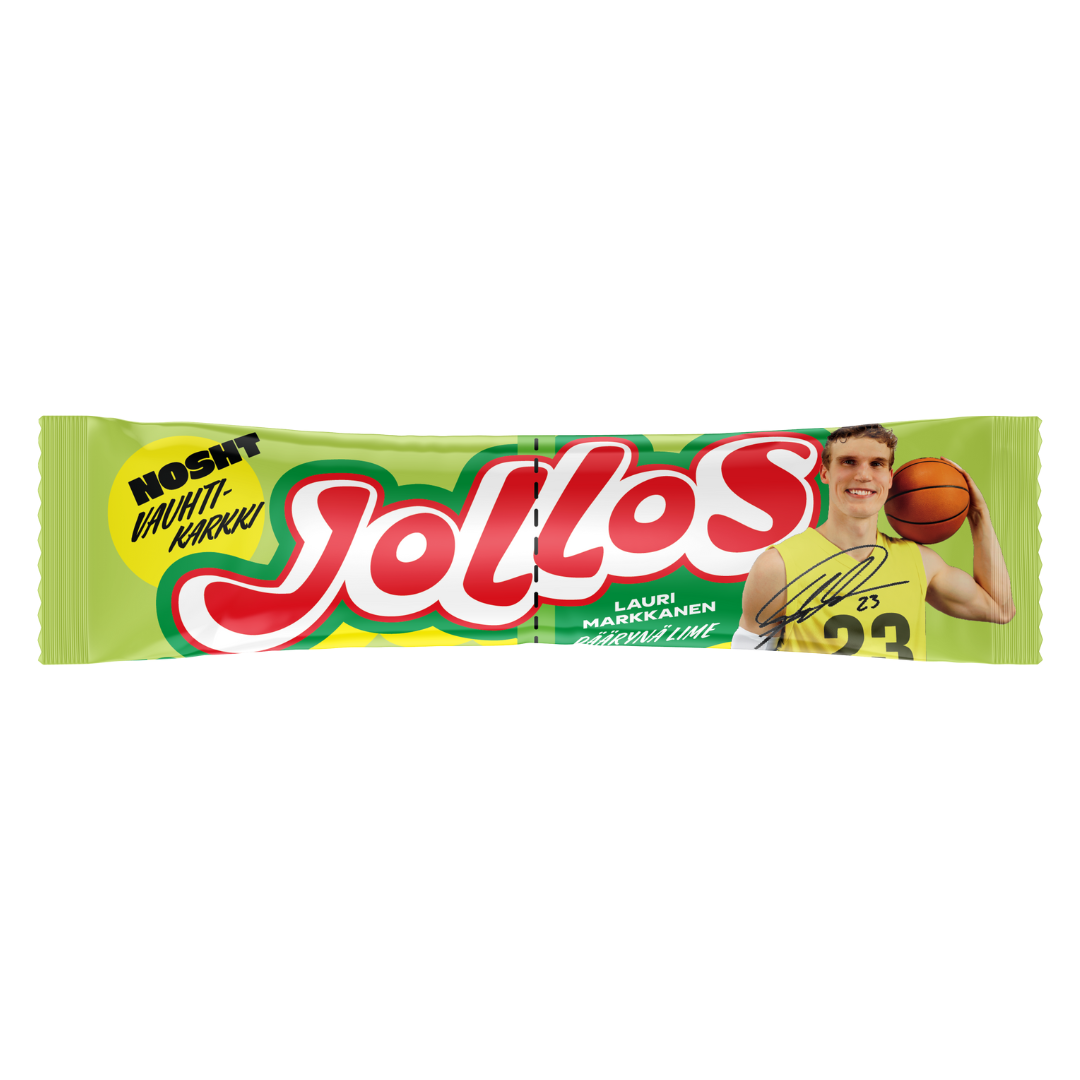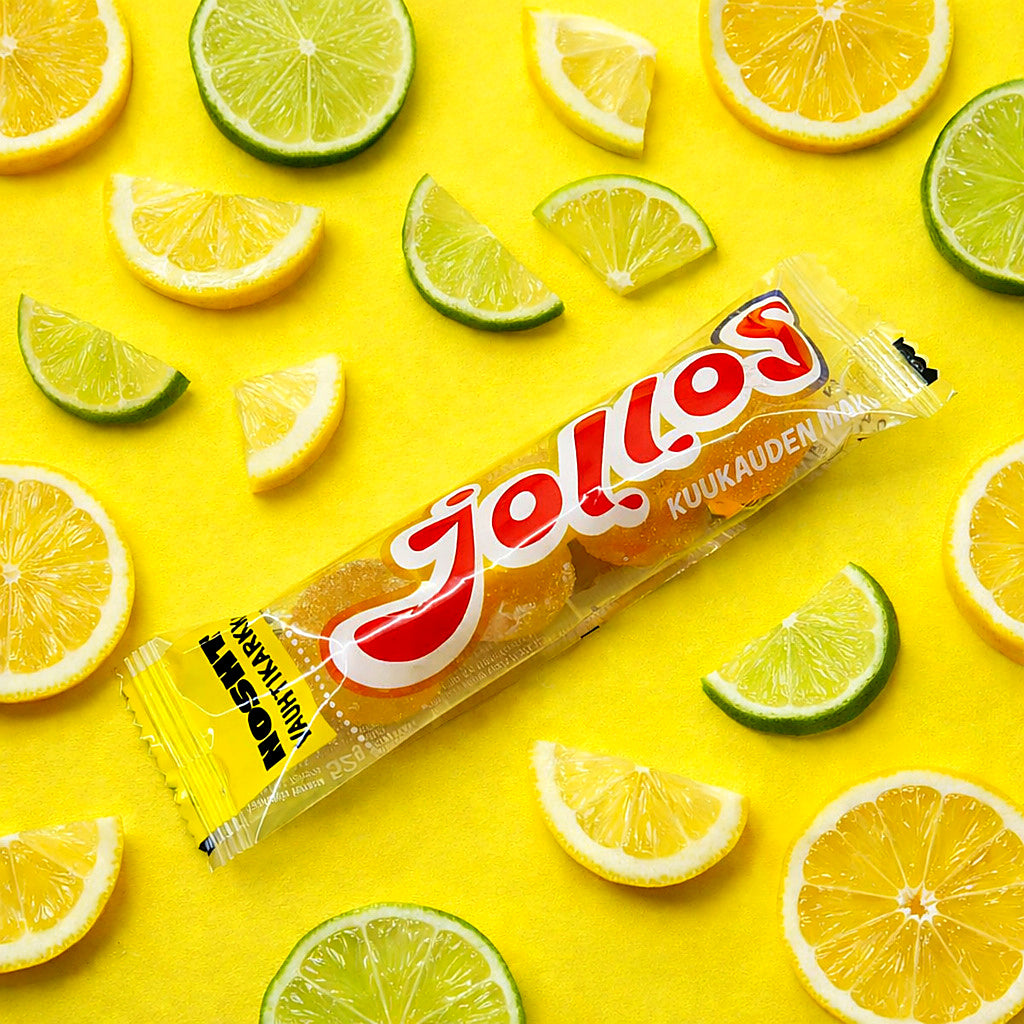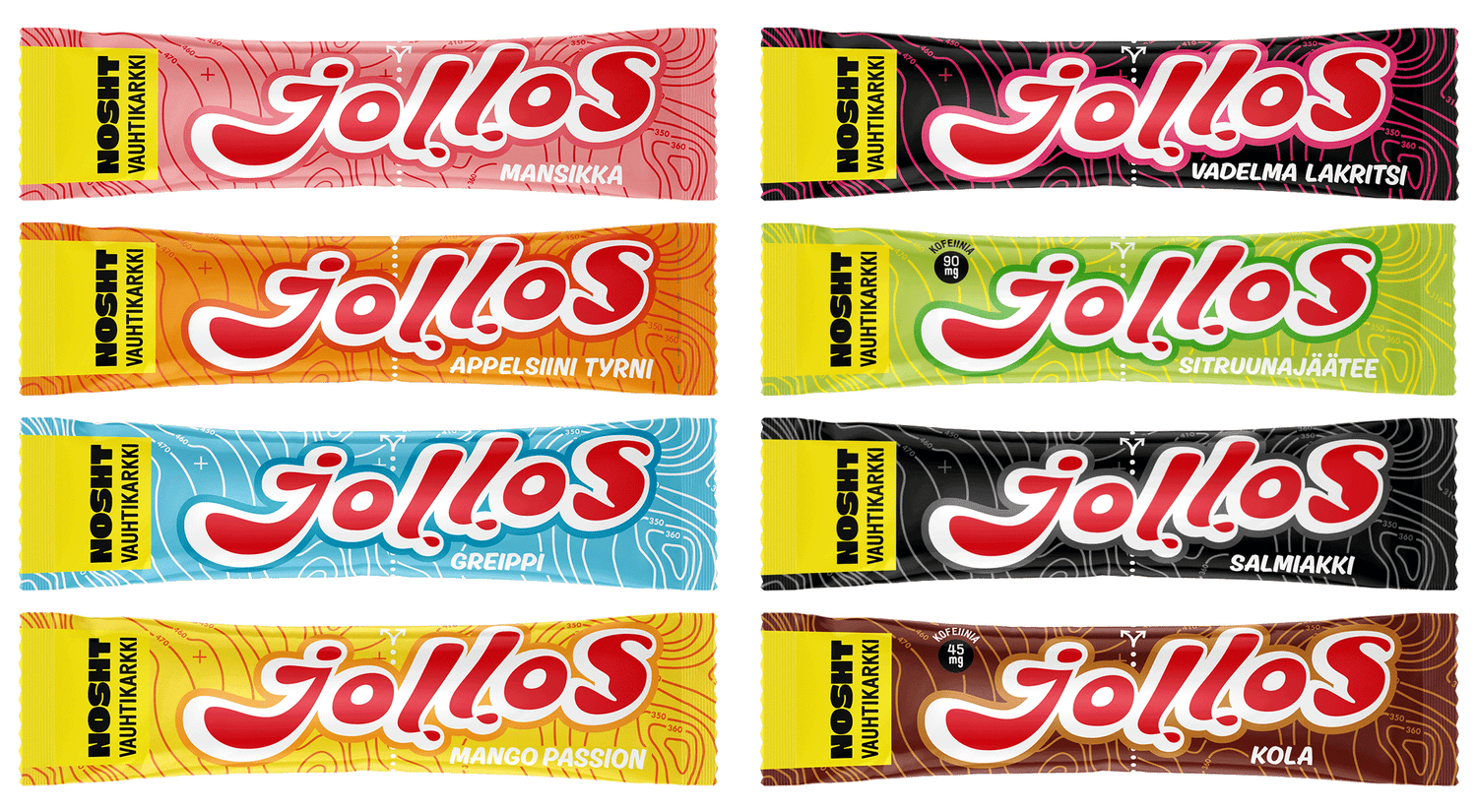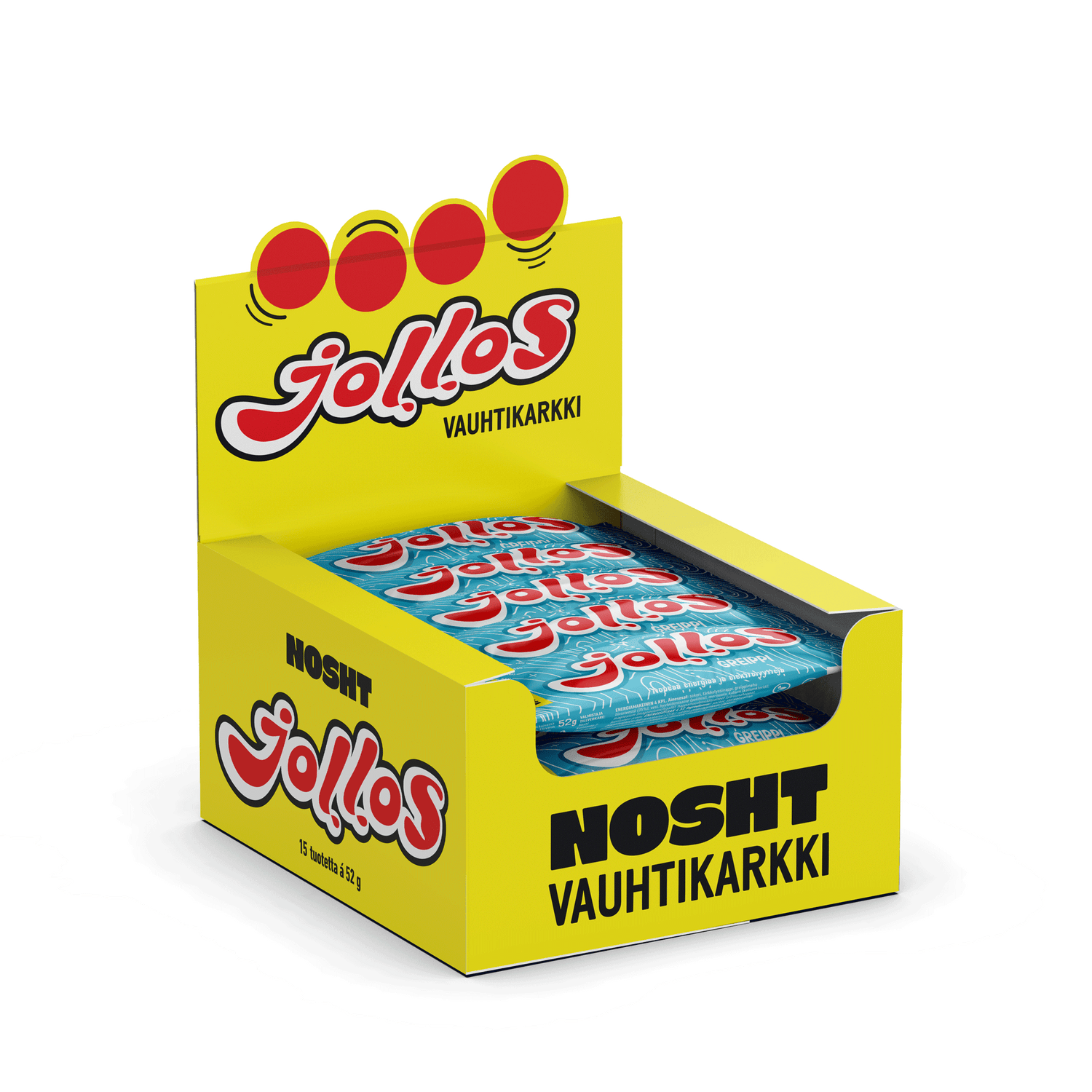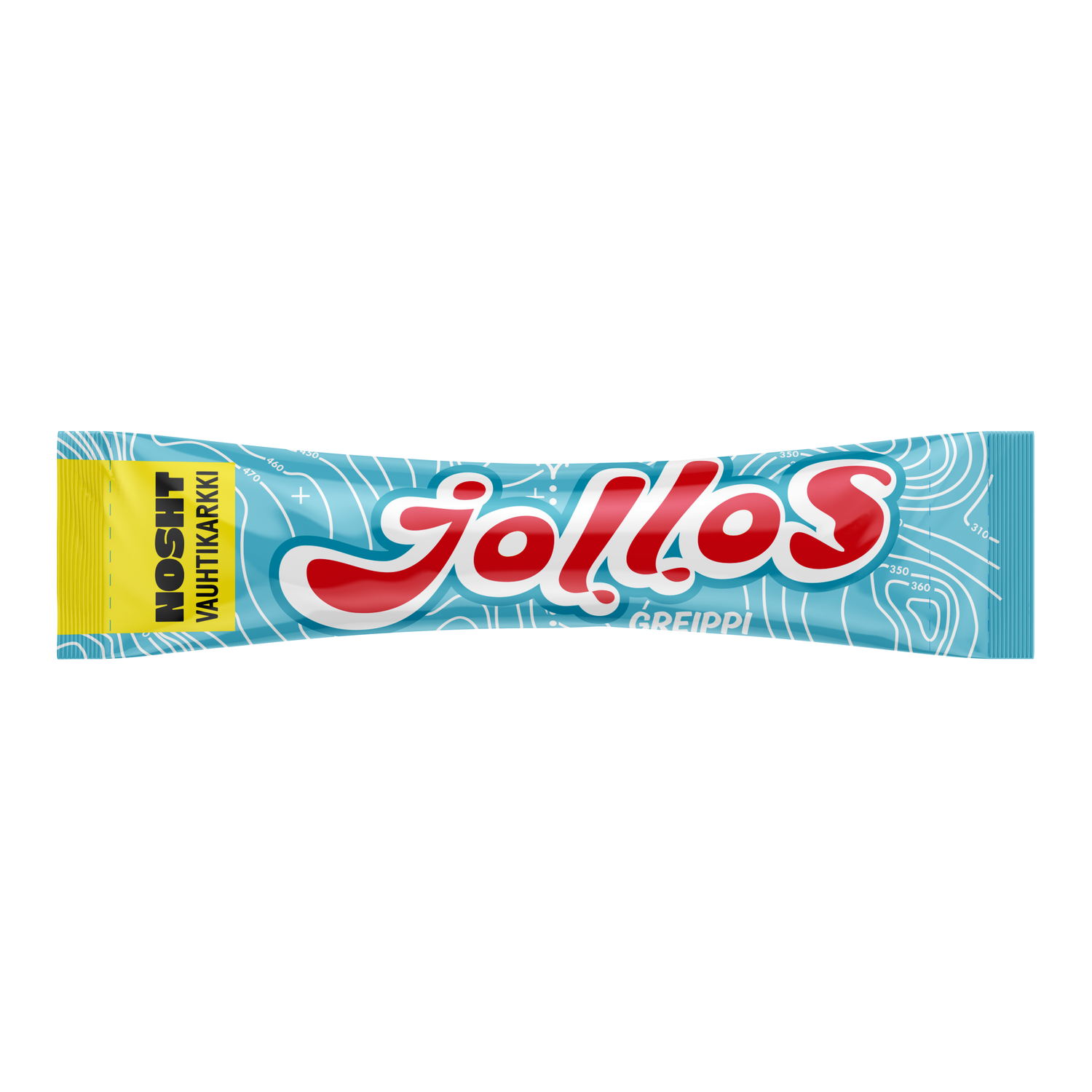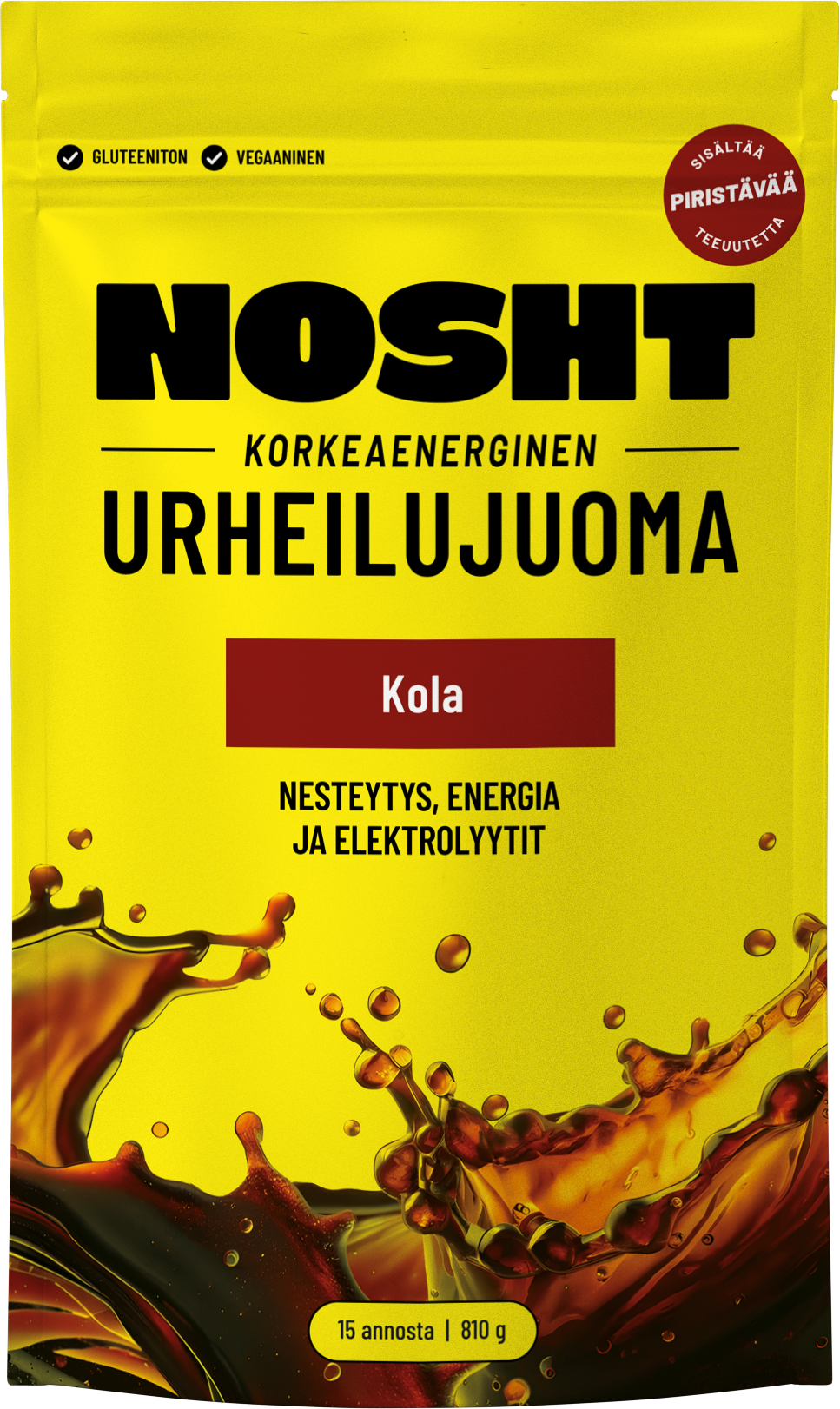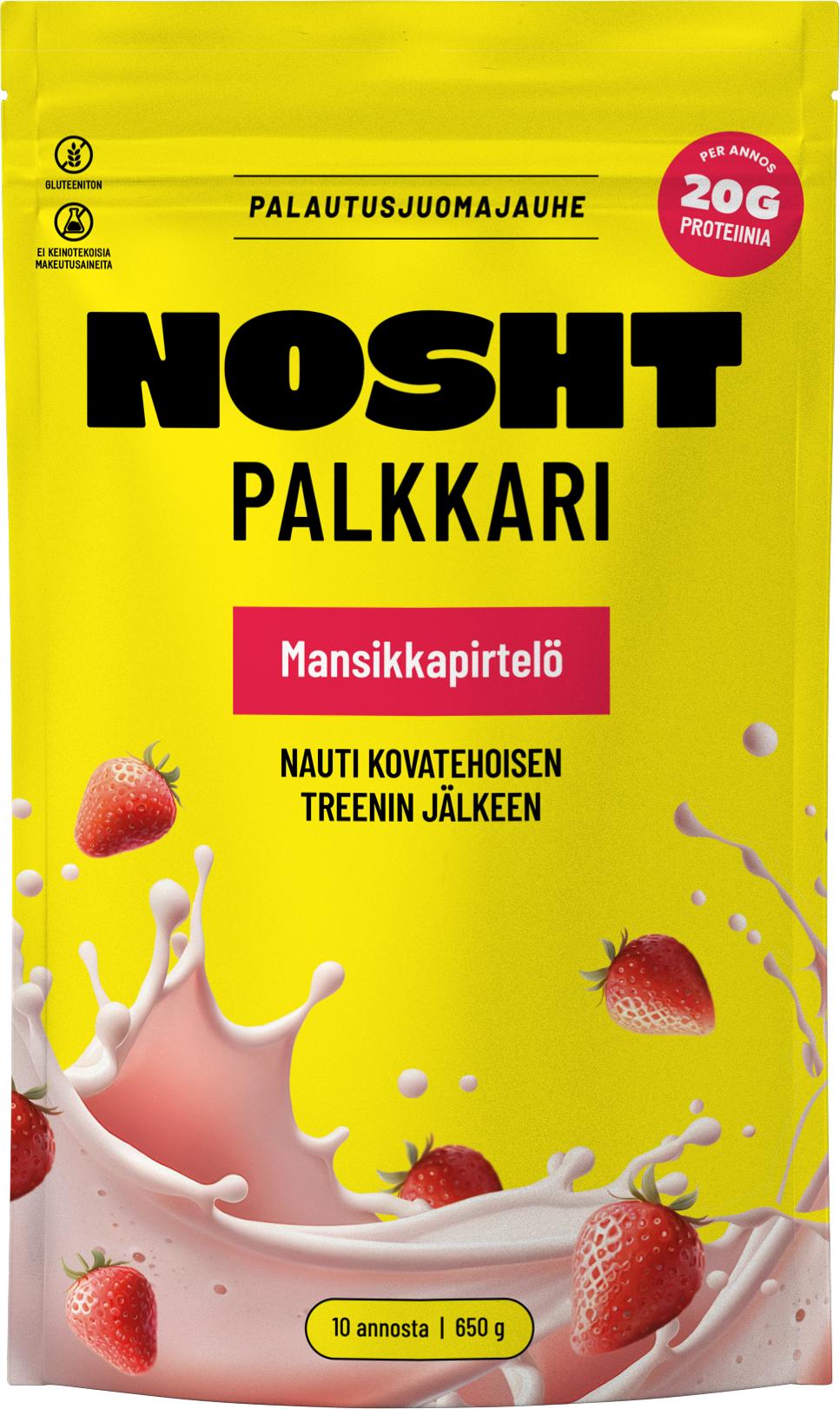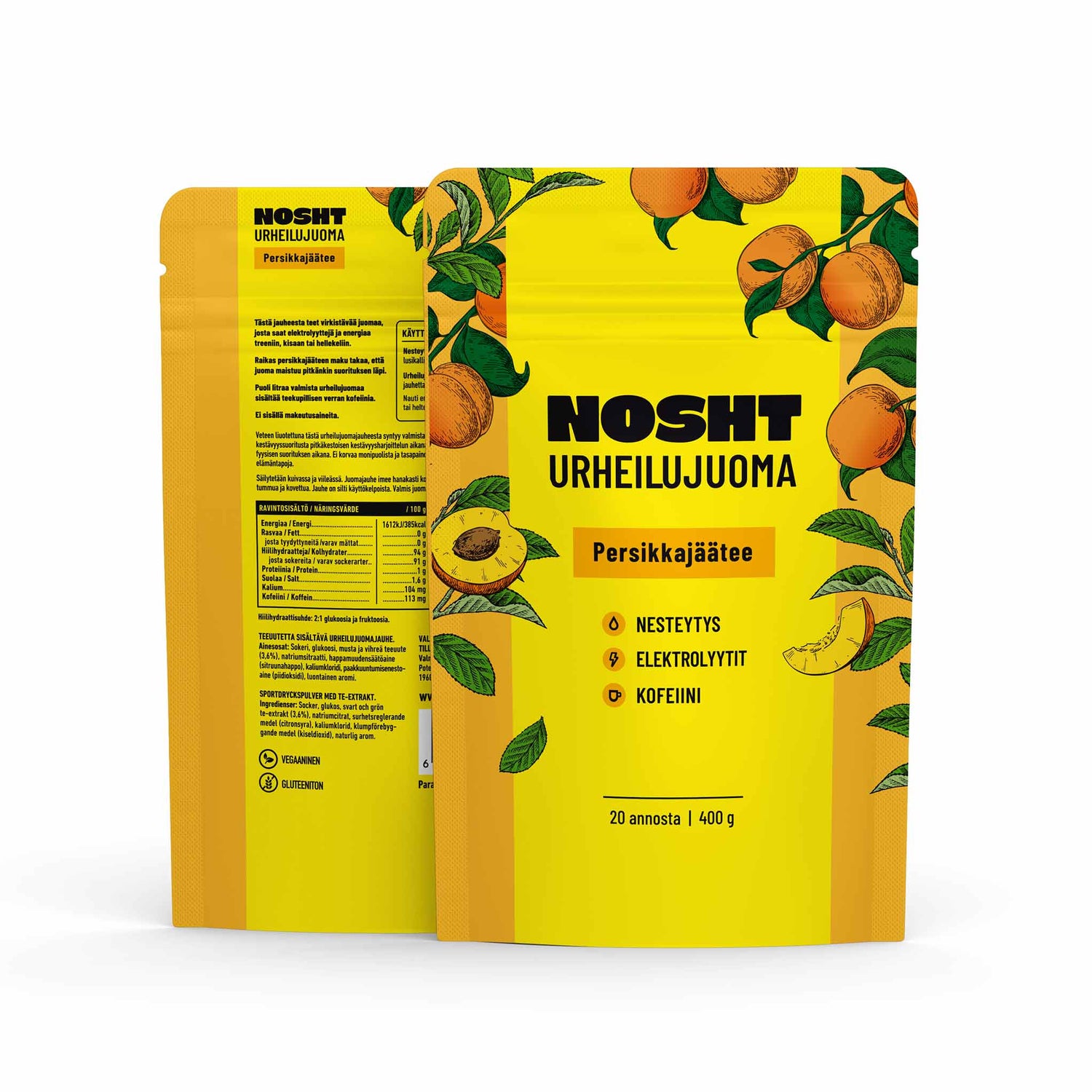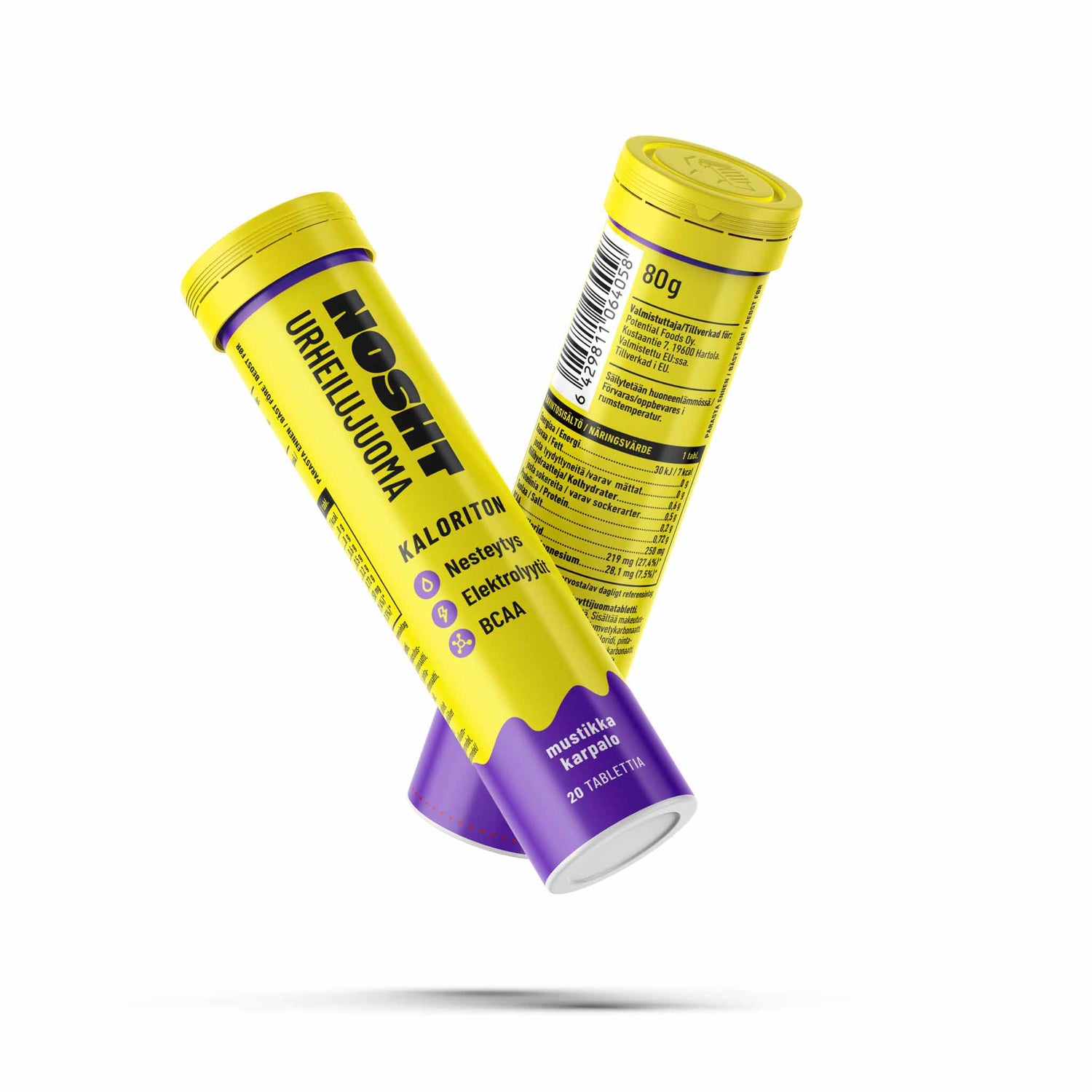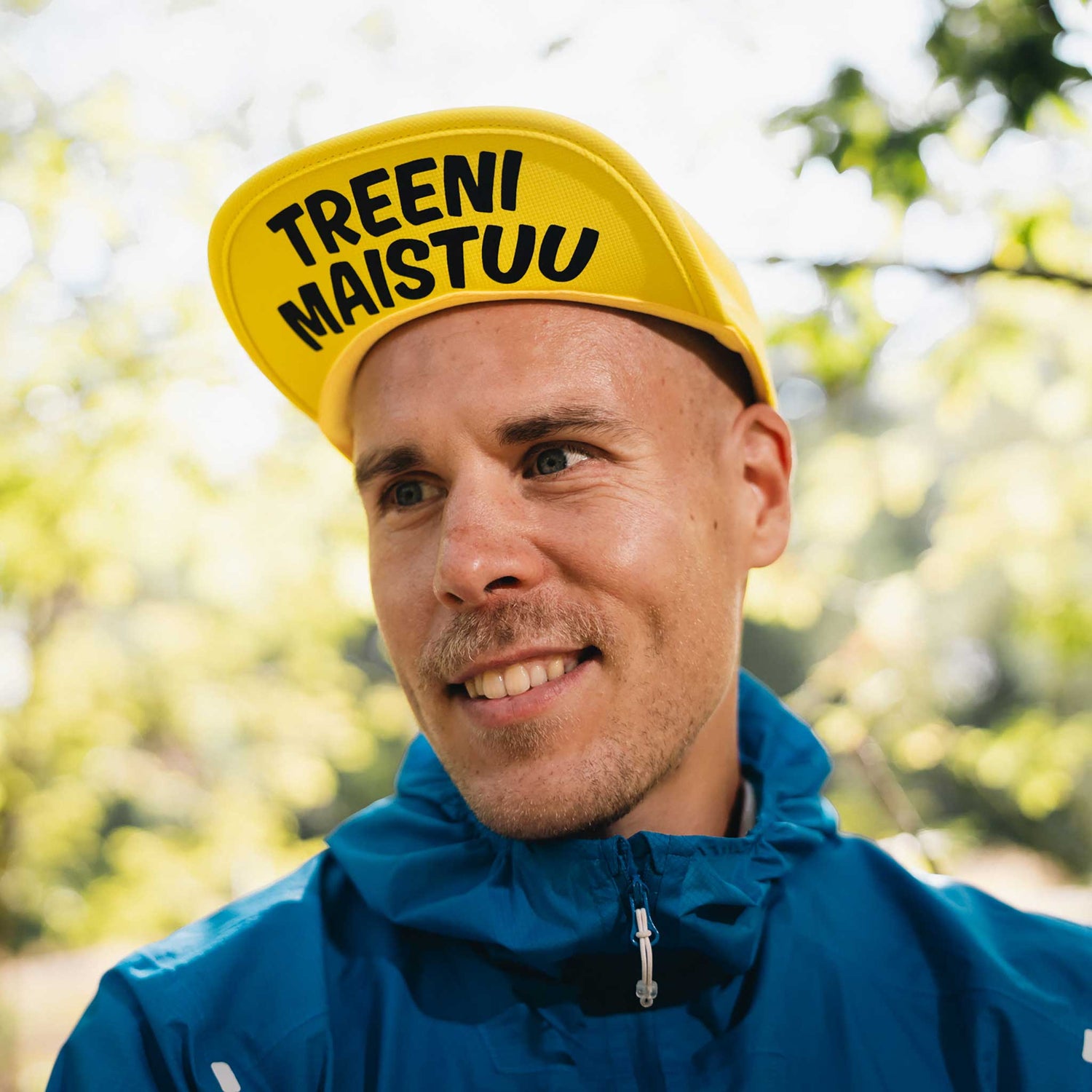Training for your first marathon or triathlon? What you eat and drink can help you achieve your goals - or make them harder to reach. Here are some useful tips on how nutrition boosts sports performance by top-level triathlete and nutritionist Kaisa Sali.
Are you starting a new endurance hobby or have you signed up for your first marathon or triathlon next summer? Changes in your workout regime should also reflect on your diet.
Nutrition and hydration are equally important for an endurance athlete as the training itself. With the right kind of nutrition, endurance training is fun and brings results. Here are some tips on proper nutrition and hydration for the beginner endurance athlete by former professional triathlete and nutritionist Kaisa Sali.
Endurance training increases energy consumption
Endurance training requires a lot of energy. For example, a one-hour bike ride can burn up to 300 to 700 kcal depending on the size of the rider and the intensity of exercise. That’s the equivalent of a proper meal. Running burns even more calories than cycling.
Many feel that increased energy consumption is a good thing, as it can aid weight loss. However, high amounts of endurance training can burn a lot more energy than you’d think. If you train 5 to 7 hours per week, your energy need grows by a whole day’s worth of energy, compared to not training at all.
If you train more but do not increase the amount of food you eat, chances are you are harming your progress. The stress caused by increased energy consumption, combined with the stress caused by exercising, can be taxing on the body and lead to exhaustion and getting ill. The easiest way to increase your calorie intake is to eat slightly bigger portions or add snacks to the day. Good snacks to keep in your bag are Nosht Salted Protein Bites and Vegetable Candy.
Timing eating with endurance training is key
Now you know how important nutrition is for an endurance athlete. But how you time your meals can also have a big impact on your endurance training.
If you run, swim or ride your bike in the evenings and have neglected the upcoming workout during the day, you won’t get the maximum benefit from the exercise. It can often be six hours since lunch when it’s time for a bike ride or a run. Then the options are to train on an empty stomach or have a snack just before the workout which can increase the risk of stomach problems.
The meal you have before endurance training affects both how you fare during exercise and how well you recover. You can speed up recovery by eating directly after the training session. Especially after an intense workout, you can refill the carbohydrate reserves in the muscles more effectively if you eat within half an hour after the end of the training session. If you postpone the meal, it’s a little harder to fill the glycogen storages as effectively.
It’s optimal to have a small snack with carbohydrates and protein 1.5 to 3 hours before heading out. Good choices are porridge with nuts and berries, a sandwich, banana and yoghurt or Nosht Salted Protein Bites. If you don’t have the opportunity to eat a meal soon after the end of the workout, these are also good alternatives for a post-workout snack.
Carbs for high-intensity endurance training
Ingesting carbohydrates during endurance training can boost performance significantly. A good rule of thumb is that you should get carbohydrates if the training session is a high-intensity one and lasts for over an hour.
Getting carbohydrates during exercise is very beneficial if the meal before hasn’t been optimal. It’s been shown in studies that even rinsing your mouth with a carbohydrate drink or sucking on candies and then spitting them out can boost performance.
Everything you eat and drink during high-intensity exercise should be easy on your stomach and easy to digest. Most of the endurance athletes, pro or beginner, have suffered from training-related gut issues, so make sure the energy you take doesn’t ruin your performance. Nosht Energy Chews and Energy Gels are designed to be as gut-friendly as possible and they include the optimal consistency or glucose and fructose for enhanced carbohydrate absorption.
Carbs, fats and protein for long aerobic training
If the aerobic training session is long and lower in intensity, the body requires a different kind of fuel. In aerobic training, the body gets energy mainly from fats, and one of the goals of low-intensity aerobic training is to enhance this mechanism. The most effective way to improve this mechanism is to train without additional energy, but on the other hand training without extra energy is very taxing on the body and can easily result in weaker performance and increased fatigue.
During long aerobic sessions, eat something with carbohydrates, fats and protein. For example, Nosht Salted Protein Bites are a perfect, nutrition-rich snack to take with you on a long run or bike ride.
Sports drink for long training sessions
Alongside nutrition, hydration is important for an endurance athlete. Dehydration, even if just for a few per cent, is detrimental to performance. In endurance sports, the average fluid loss is approximately 0.5 to 2 litres per hour, depending on individual factors, the sport in question and the weather.
Not taking in enough fluids can result in poor performance and recovery as well as headache. In winter, the challenge is to drink enough even though there may not be a feeling of thirst due to cold weather.
Even if you have drunk enough during the day, it is beneficial to drink during exercise, at least if it lasts for over an hour. In easier sessions, water will do, but if you train at high intensity or sweat a lot, it will help to get some electrolytes and carbohydrates as well. In these cases, a sports drink is a better option than water. Nosht Hydration Drink Mix is a perfect sports drink for long and sweaty workouts.

Kaisa Sali is a nutritionist and a professional triathlete who ended her career last autumn by placing sixth at Ironman World Championships at Kona, Hawaii. In Nosht's blog, she will share her expertise in sports nutrition and how to make your gut your best ally in training and racing.
